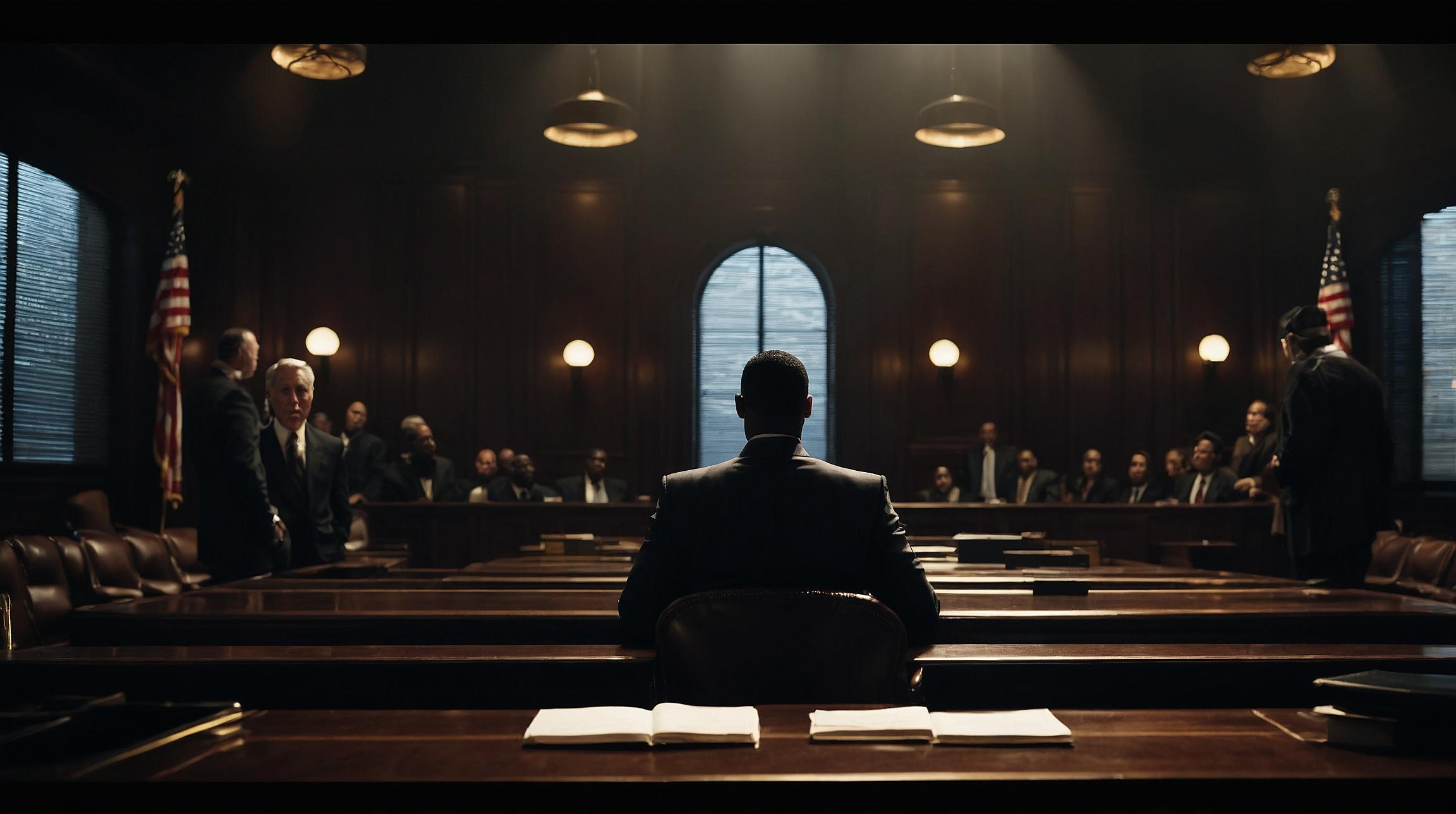Unveiling Key Investors in X Corp
Recently, a federal court mandated Elon Musk's X Corp to disclose its shareholders, revealing notable personalities like Sean “Diddy” Combs, Bill Ackman, Larry Ellison, and Marc Andreessen among others. This disclosure provides insight into the financial backing of Musk's ambitious $44 billion acquisition of the social media platform once known as Twitter.
Background of the Case
The court's decision stems from a lawsuit filed by former Twitter employees. These employees accused Musk of violating their arbitration agreements by not compensating them for specific fees after his takeover of the company. This litigation led to the unsealing of a document listing nearly 100 stakeholders, including prominent figures such as Saudi Prince Alwaleed bin Talal al Saud and Twitter founder Jack Dorsey.
Insights Into the Disclosure
Initially, X Corp challenged the necessity of sharing its stakeholders' identities publicly. The company filed a corporate disclosure statement indicating that "no publicly held corporation owns 10% or more" of its stock but refrained from naming specific entities. However, a journalist and the Reporters Committee for Freedom of the Press argued for the public's right to know the financial motives influencing free speech on this globally significant platform. Consequently, U.S. District Judge Susan Illston concluded that the disclosure contained no scandalous information or trade secrets, leading to its publication.
Sean “Diddy” Combs' Involvement
Among the entertainment industry figures identified is Sean Combs Capital, a fund linked to Sean “Diddy” Combs. Although the document does not specify his investment amount in X Corp, Combs is known for his diverse business interests across various sectors. Notably, following his 2022 investment in the platform, Combs has faced multiple lawsuits, including accusations of sexual assault and battery. Despite these legal challenges, he has denied all allegations.
Legal Implications for X Corp
X Corp inadvertently obligated itself to reveal its investors by moving the lawsuit from state to federal court in the Northern District of California. This jurisdiction requires disclosure of entities with any financial stake in the litigation, setting a precedent for transparency in such high-profile cases.













